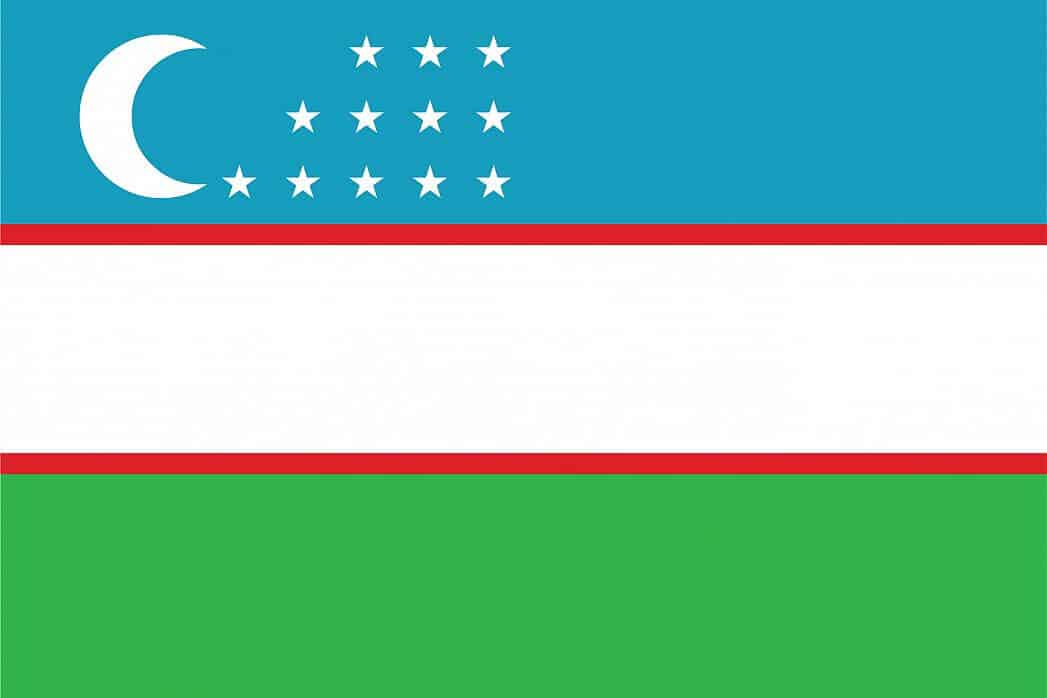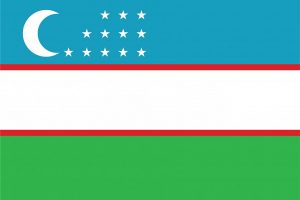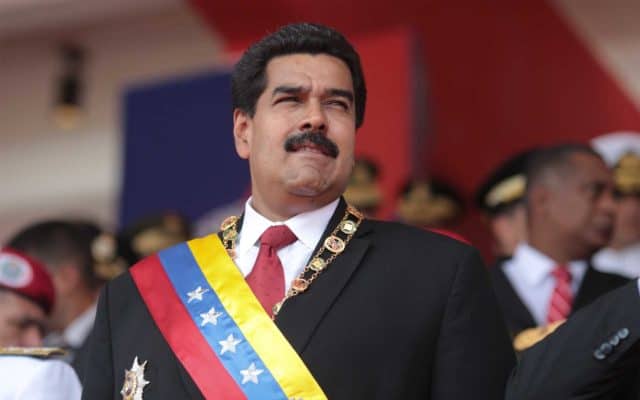Join Our Telegram channel to stay up to date on breaking news coverage
Cryptocurrency miners who chose to set up shop in the Republic of Uzbekistan are about to see a significant increase in their electricity obligations.
According to an announcement published by the government on September 27, the Cabinet of Ministers of the Republic of Uzbekistan has ordered that the tariffs paid by cryptocurrency miners in the country should be raised by an astounding 300 percent
Following an August 22 decree by President Shavkat Mirziyoyev titled, “On Accelerated Measures to Improve Energy Efficiency of Economic Sectors and the Social Sphere, Implement Energy Saving Technologies and Develop Renewable Energy Sources, the resolution has now been passed, with the government tagging it as a means of rationalizing the usage of electricity by miners.
A rational incentive
Bitcoin mining has become more lucrative over the past few years, thanks to its consistent and increasingly stabilizing value. As one would expect, this has led to the activity gaining acceptance from several countries across the world. However, thanks to the high prices of electricity mining in some nations, there has also been an increase in the number of illegal mining facilities as well.
Back in August, Tenaga Nasional Berhad (TNB), the national power utility agency for Malaysia, sought to get back money lost to illegal Bitcoin miners in court, with the amount of restitution amounting to about $25.3 million. To avoid losses such as these, it would seem that the government of Uzbekistan is increasing its revenue pool from the activity.
In addition to the increase in tariffs, President Mirziyoyev has also introduced a government program which will help advocate for rational electricity use among miners and promote efficiency in the entire sub-industry altogether.
The potential ramifications
However, this could also have a reverse effect. It’s a no brainer that thanks to this development, mining will be far less attractive in the country going forward. Systemic increases have always been employed by countries to regulate electricity use by miners, but increasing tariffs by 300 percent will be seen by most as outright exploitation.
Uzbekistan has always been known as a low-cost mining state, last year, news medium Cryptorazzi estimated that mining a single Bitcoin costs about $1,788 in the country, as opposed to, say $4,758 in the United States and $3,172 in China. Uzbekistan is also seen as the largest electricity provider in the Central Asian region, so miners have historically flocked to the country.
The development is also sure to stifle the efforts of the government to keep miners in the country. Uzbekistan opened its doors to the cryptocurrency sector last year, when the government introduced licensing and capital requirements for cryptocurrency exchanges and trading platforms looking to set up shop in the country.
At the time, the government also ordered “Uzbekenergo” and “Uzbekgidroenergo,” both state-controlled energy companies, to allocate plots of land for industrial-scale mining operations which would use over 100 KW/h of electricity. If these tariffs are sustained (and from the looks of things, they very much will), an outflow of miners could put all of this in jeopardy.
With Iran looking to position itself as a hub for the cryptocurrency mining space, it is very possible that this resolution comes back to bite the government of Uzbekistan.
Join Our Telegram channel to stay up to date on breaking news coverage


